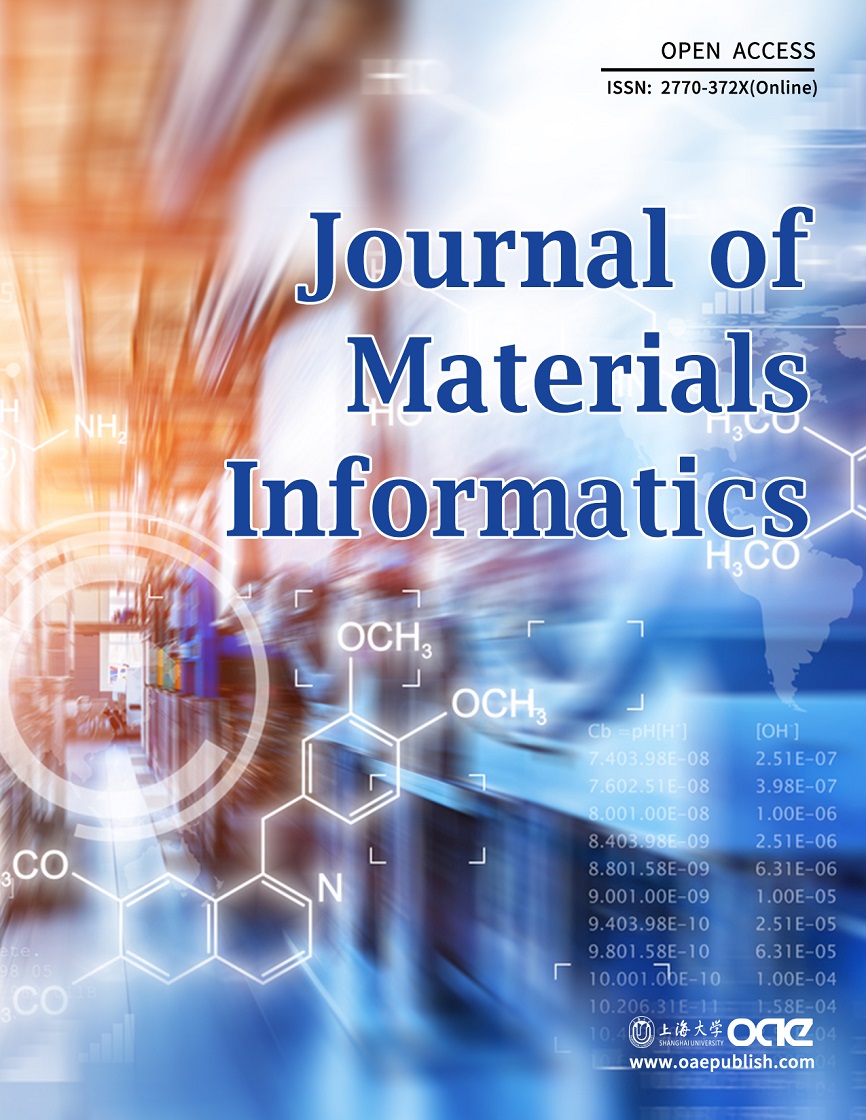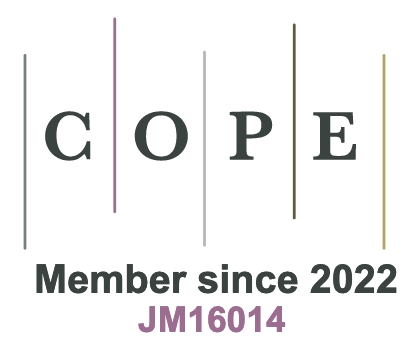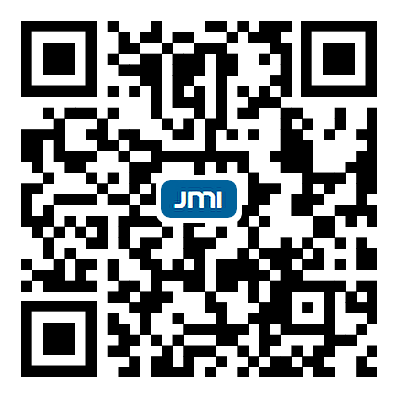Accelerating materials discovery via AI-Agent integration of large language models and simulation tools
Abstract
The integration of artificial intelligence with materials science is driving a paradigm shift in how functional materials are discovered and designed. In this work, we present an AI-Agent platform that leverages large language mode (LLM)-driven reasoning to assist users in designing and executing computational workflows for materials research. Rather than relying on rigid pipelines, the Agent interprets natural language prompts, dynamically assembles task-specific workflows from existing simulation tools, and executes calculations accordingly. To illustrate its capabilities, we showcase two representative cases: (i) a goal-driven electronic structure calculation for periodic monolayer transition metal dichalcogenides (TMDs), and (ii) an inverse design of battery electrolyte additives based on user-defined targets for molecular weight and frontier orbital energies. These examples illustrate the Agent’s capacity to translate high-level design intent into coordinated multi-tool operations, thereby streamlining complex workflows and lowering the entry barrier for non-expert users. As artificial intelligence continues to advance, the Agent is poised to become an increasingly valuable partner in materials research, enhancing efficiency and improving design quality, and enabling broader access to materials discovery.
Keywords
AI-Agent, large language models, materials design, simulation tools
Cite This Article
Wang X, Zeng Q, Xu DH, Zhang L, Jiang G, Yang M. Accelerating materials discovery via AI-Agent integration of large language models and simulation tools. J Mater Inf 2025;5:[Accept]. http://dx.doi.org/10.20517/jmi.2025.69












